Fall 2023 Courses
100 Level Courses
HI 103 Medieval Europe
Erica Bastress-Dukehart | 3 credits
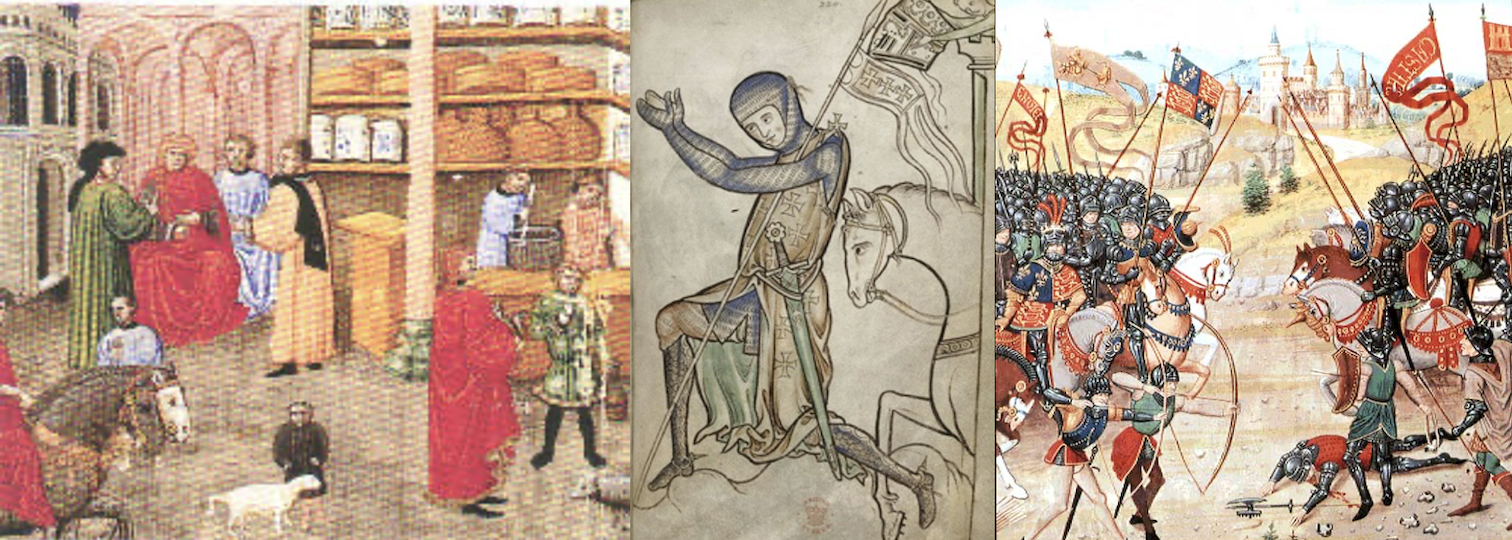
This course is an introduction to the history of Europe between roughly the 5th and the 15th centuries. This semester we will – chronologically and thematically – explore how philosophy, technology, warfare, religious belief systems, and political alliances transformed a cultural backwater into what we now think of as medieval Europe.
HI 124 American Colonial History
Eric Morser | 3 credits
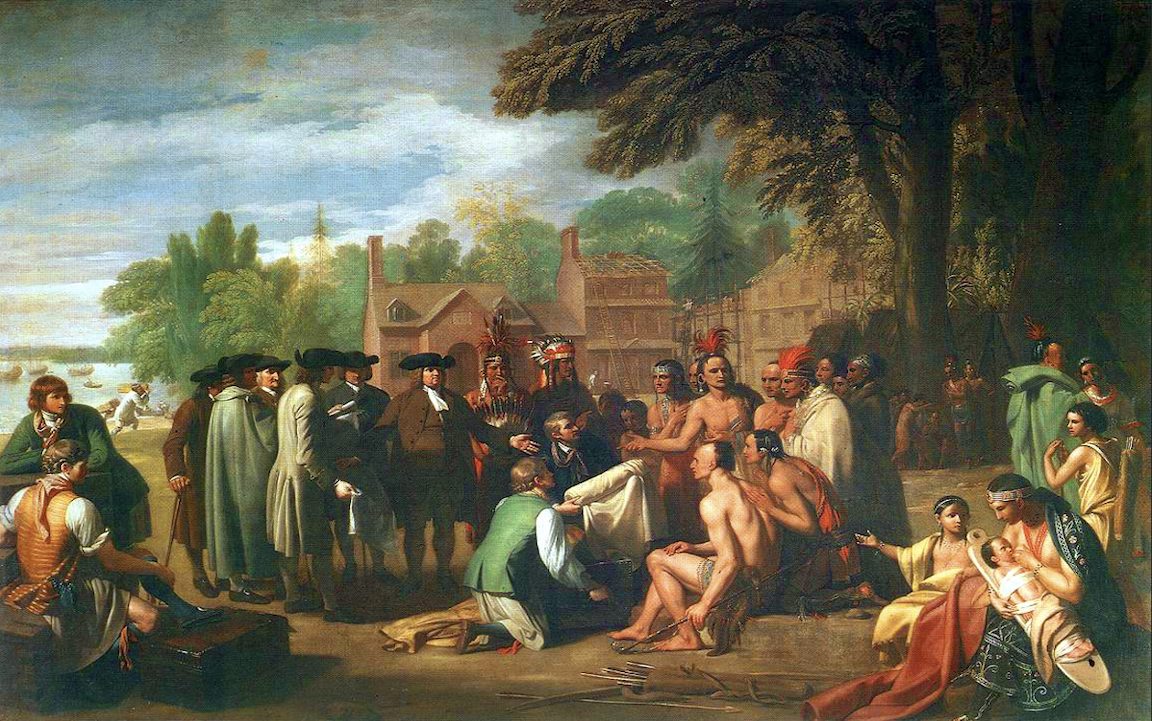
An exploration of the complex and contested history of colonialization in North America. Students will focus on contact and conflict among different peoples, the ongoing struggle among European and indigenous powers for domination of the continent, and critical importance of slavery in crafting the North American colonial experience, the rich cultural diversity that defined colonial life, and the trans-Atlantic events that paved the way for the American Revolution.
Note(s): Fulfills Social Sciences requirement.
HI 146P Survey of the Middle East, c.600-1500
Murat C. Yildiz | 3 credits
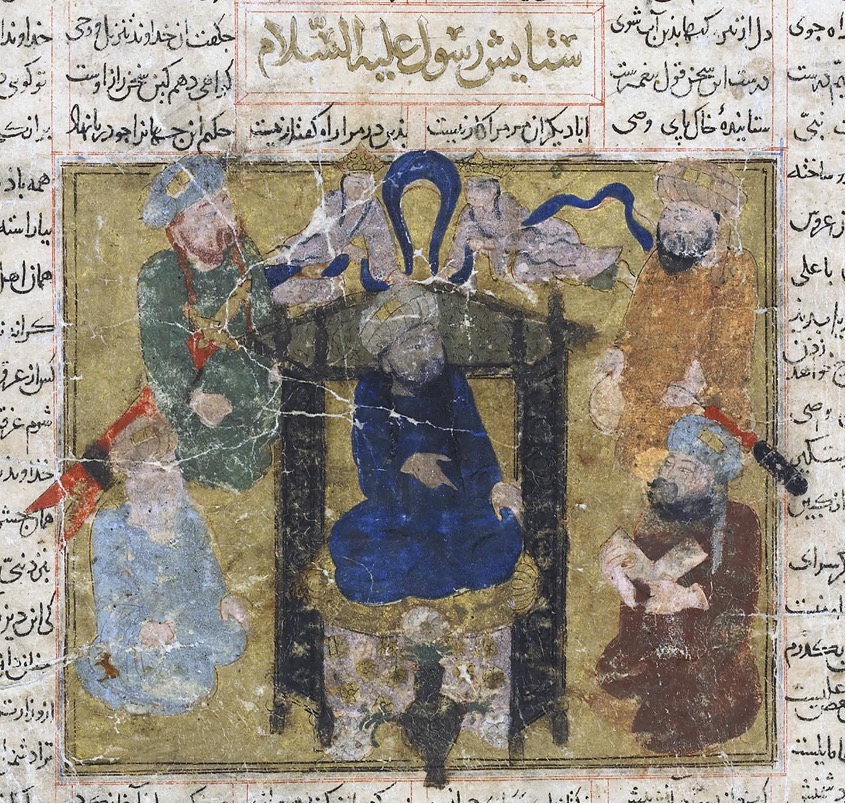 This course is a survey of the history of the Middle East, from late antiquity to
the early modern period. It combines a chronological and thematic examination of social,
political, and legal institutions, scientific, philosophical, and scholarly ventures;
the impact of invaders; conversion; and, religious, political, and economic interactions.
By examining cities, such as Aleppo, Baghdad, Cairo, Constantinople, Cordoba, Esfahan,
and Shiraz, as well as areas, such as the Mediterranean basin, over the course of
a thousand years, the course challenges the notion that there was one physical center
to the Middle East. Through a close reading of historiographical debates and primary
sources, students will examine the circulation of people, ideas, goods, and practices
across space and time.
This course is a survey of the history of the Middle East, from late antiquity to
the early modern period. It combines a chronological and thematic examination of social,
political, and legal institutions, scientific, philosophical, and scholarly ventures;
the impact of invaders; conversion; and, religious, political, and economic interactions.
By examining cities, such as Aleppo, Baghdad, Cairo, Constantinople, Cordoba, Esfahan,
and Shiraz, as well as areas, such as the Mediterranean basin, over the course of
a thousand years, the course challenges the notion that there was one physical center
to the Middle East. Through a close reading of historiographical debates and primary
sources, students will examine the circulation of people, ideas, goods, and practices
across space and time.
Note(s): Fulfills Social Sciences and Non-Western Culture requirements.
HI 151P Two World Wars, A Global Perspective of the Years 1900-1945
MatthewHockenos | 4 credits
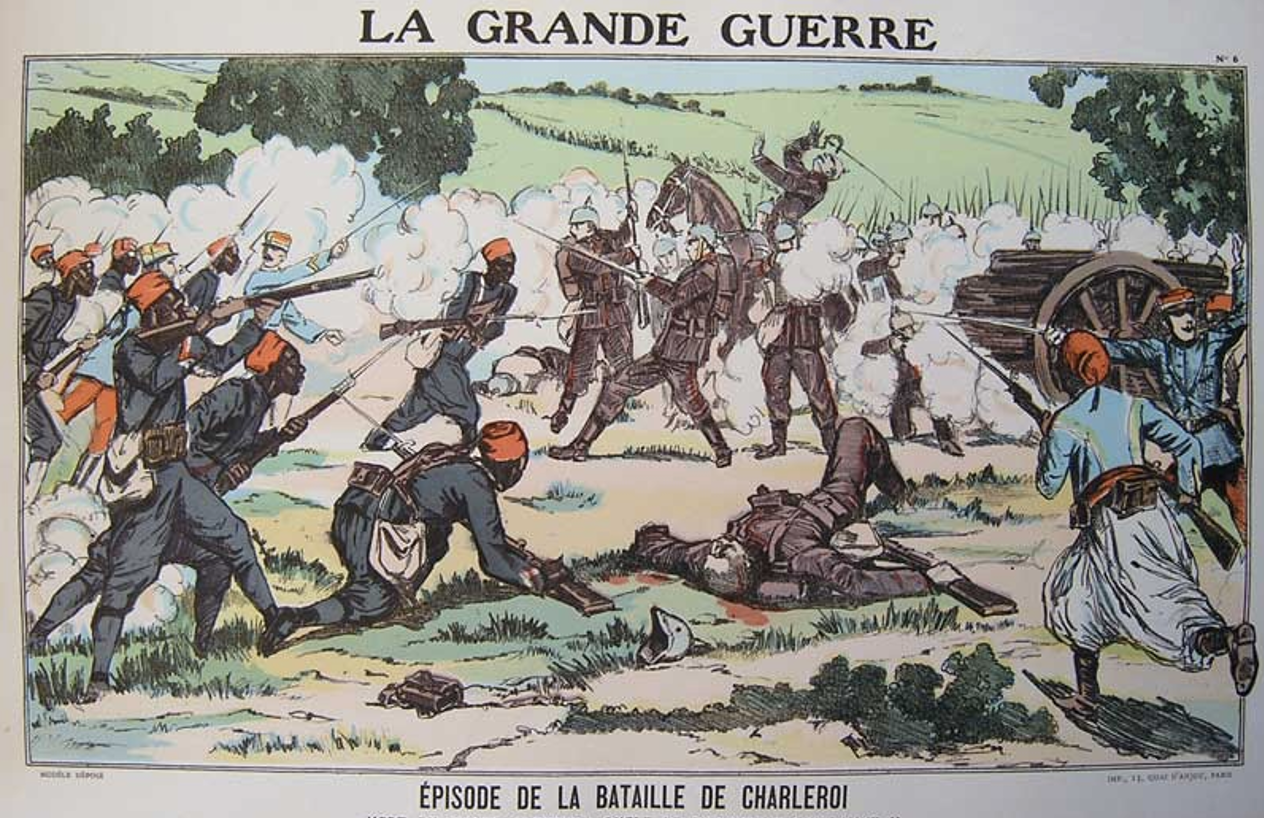 Examines the two world wars from a global perspective. Rather than study the two wars
as merely a series of military battles in Europe and the Pacific, this course will
give special attention to the global nature of the two wars: the clash between imperial
powers over colonial possessions; the use of colonial subjects as soldiers; the collapse
of great empires after the wars; the emergence of the United States and the Soviet
Union as a world powers; the impact of war on Africa, Asia, Latin America, and the
Middle East; the growth of colonial independence movements after the wars; and the
origins of the global Cold War in the second half of the 20th century. The course gives equal weight to how the wars broke out, how they were waged,
and how their outcomes fundamentally rearranged the world. Students will be introduced
to various lenses through which the wars can be examined, including perspectives that
emphasize, culture, the economy, the homefront, gender, and society.
Examines the two world wars from a global perspective. Rather than study the two wars
as merely a series of military battles in Europe and the Pacific, this course will
give special attention to the global nature of the two wars: the clash between imperial
powers over colonial possessions; the use of colonial subjects as soldiers; the collapse
of great empires after the wars; the emergence of the United States and the Soviet
Union as a world powers; the impact of war on Africa, Asia, Latin America, and the
Middle East; the growth of colonial independence movements after the wars; and the
origins of the global Cold War in the second half of the 20th century. The course gives equal weight to how the wars broke out, how they were waged,
and how their outcomes fundamentally rearranged the world. Students will be introduced
to various lenses through which the wars can be examined, including perspectives that
emphasize, culture, the economy, the homefront, gender, and society.
200 Level Courses
HI 222P Corporate America
Jennifer Delton | 4 credits

An examination of the development of big business in the United States from the Civil War to the present with a special focus on corporations' changing relationship to the government and society. Students will study the role of magnates and entrepreneurs, the rise and fall of different industries (railroads, automobiles, tech, Walmart), management and labor, corporate responsibility, and globalization.
Note(s): Fulfills Social Sciences requirement.
HI 224H The Enlightenment
Erica Bastress-Dukehart | 4 credits

This course examines the most important interactions to take place within and among society, politics, and culture that characterized the intellectual and philosophical transformation known as the Enlightenment. Influenced by revolutionary advancements in science and medicine, inflamed by seditious political treatises, and distrustful of Catholic reforms, enlightened thinkers of the 18th century sparked the emergence of a new political and literary culture. Ultimately, the intellectual advancements that excited d'Alembert and his fellow philosophes helped to shape the ideological foundations of the American and French Revolutions.
HI 229 War and Peace in Twentieth-Century Latin America
Jordana Dym | 3 credits
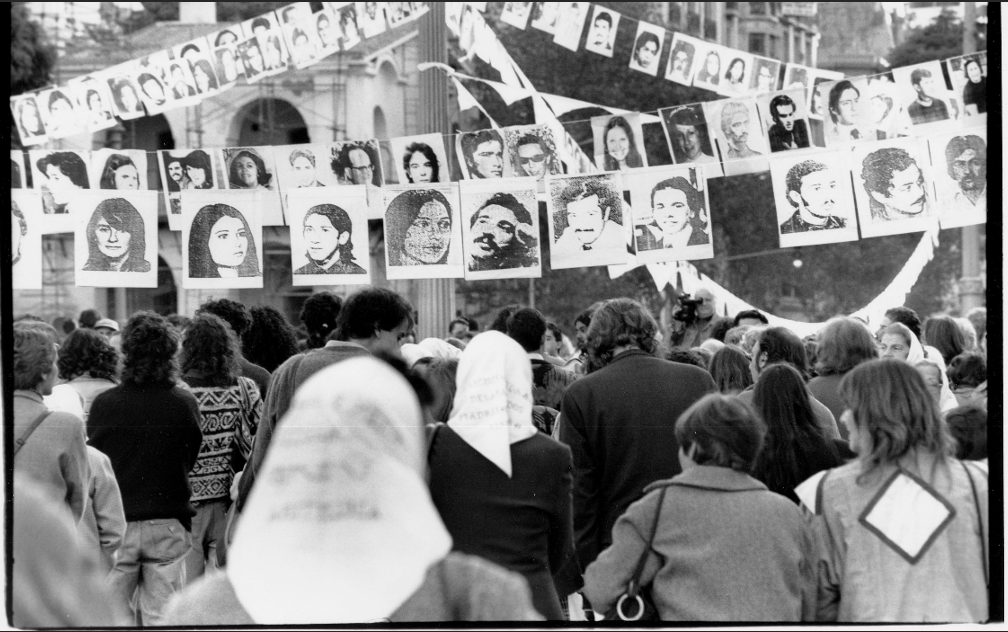
Examines the social, economic, political, and intellectual causes and consequences of important internal and international wars in 20th-century Latin America. The course will consider cases of successful and unsuccessful attempts to achieve political change ranging from the Mexican Revolution to Central America's road from war to peace in the 1980s and 1990s, to U.S. interventions in the Caribbean and military dictatorships in South America. Why certain sectors promote war, the justifications of war, why others choose to instigate or participate in conflict and violence, what conditions are required to consider a conflict concluded, and what factors (internal and international, ethnic, religous, gender, etc.) shape specific conflicts are principle questions.
HI 258P European Fascism
Matthew Hockenos | 4 credits

What is fascism? What is the appeal of an ideology that advocates intolerance, sexism, racism, xenophobia, and war? What were the roots of fascism and how did fascism manifest itself in Europe in the middle of the 20th century? The current popularity of far-right populist parties an politicians in Europe and elsewhere makes these questions all the more urgent today. This course examines the origins, nature, and history of fascism in Europe between the two world wars and its recent reappearance across Europe.
HI 275 Introduction to the History Major
Jennifer Delton | 1 credit
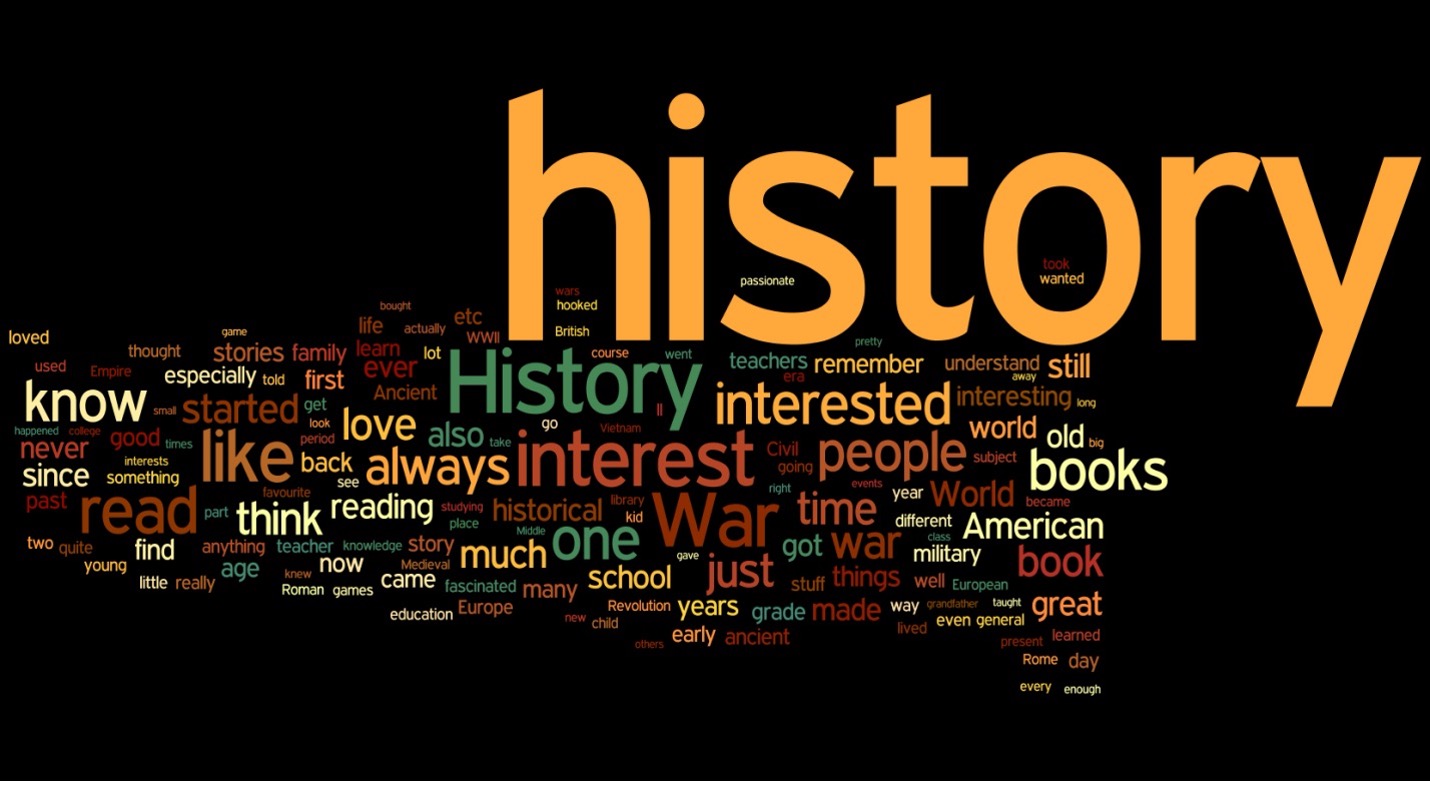 An introduction to the aims of the history major.
An introduction to the aims of the history major.
Note(s): A prerequisite for the Colloquium. Required for all majors and interdepartmental majors, to be taken in the sophomore or junior years. Open to non-majors with permission of instructor.
HI 298 The Great Transformation: The Emergence of Legal Modernity in the Moddle East and Beyond
Avi Rubin | 1 credit
Scholars agree that the law is a consititutive feature of past and present human societies. It shapes social dynamics and exhibits them at the same time. But what is "the law"? Answering this question is more complicated than expected, especially when adopting a historical perspective. The course will examine the emergence of a new legal paradigm that was globalized in the 19th century. We will explore how legal modernity changes how governments, elites, and ordinary people in the Middle East imagined social and legal norms.
SPECIAL FORMAT COURSE: This course meets for 5 weeks (September 12 - October 10) in an evening supper-club format over a shared meal in Murray-Aikins upstairs dining room. Enrolled students will be served a buffet dinner during each class period.
300 level courses
HI 315 Crime and Punishment in Early Modern Europe
Erica Bastress-Dukehart | 3 credits
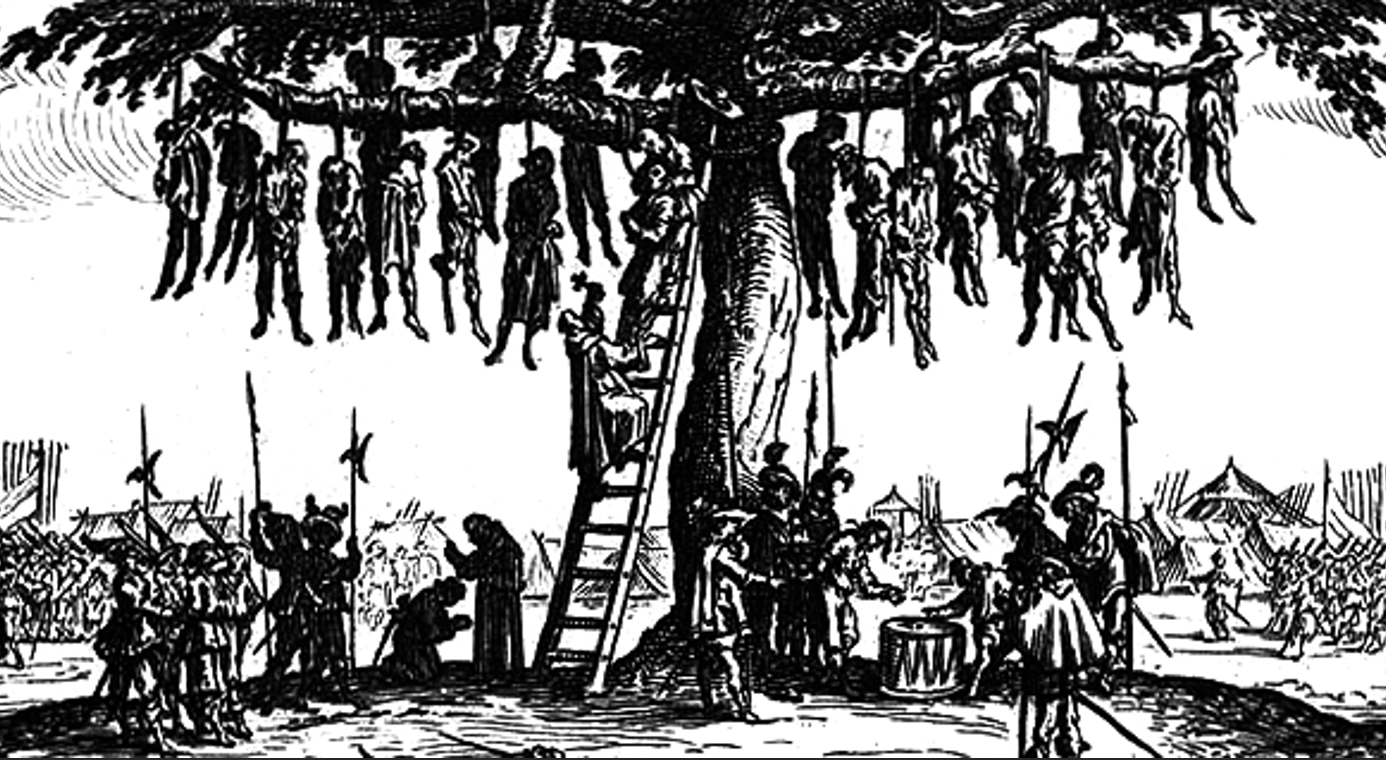
This course is an investigatiion of the history and theory of crime and punishment in an age when criminal violence and state violence were often indistinguishable and unmediated. Over the course of four hundred years Europe experienced a transformation from the persecuting societies of the Middle Ages, through the terrors of religious wars and the Inquisition, to John Locke's call for civil government and Beccaria's "enlightened" rejection of traditional criminology. Integrated with Michel Foucault's influential work, Discipline and Punish, the readings for this course address dominant social norms and ever-changing definitions of deviance, crime, and punishment. The course explores the intellectual, social, and political justifications for punishment and the ensuing conflicts between conceptions of authority and individual freedom.
HI 322R American Radicalism
Eric Morser | 4 credits
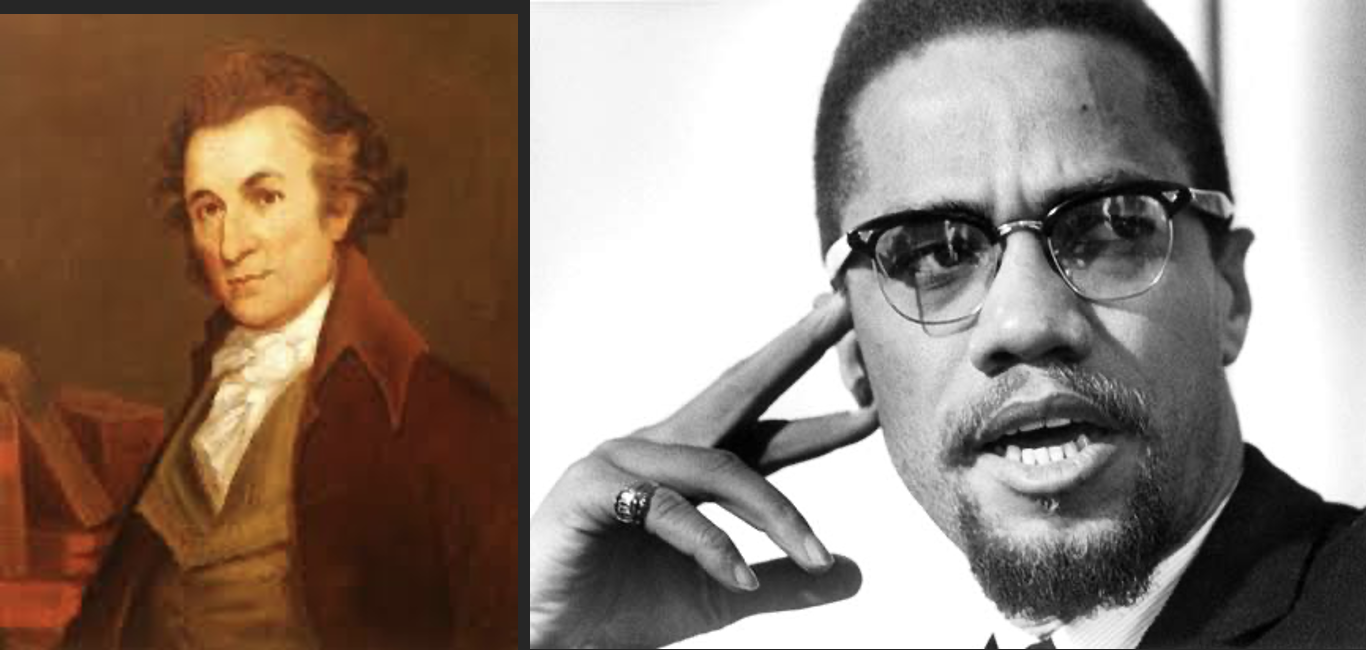
An investigation of how radicals have shaped the course of American history from the colonial period through the modern era. Students read and discuss scholarly works, craft a project proposal, conduct research, and write an original essay that contributes new insights to the field of History.
HI 344P China's Last Empire
Jenny Day | 4 credits
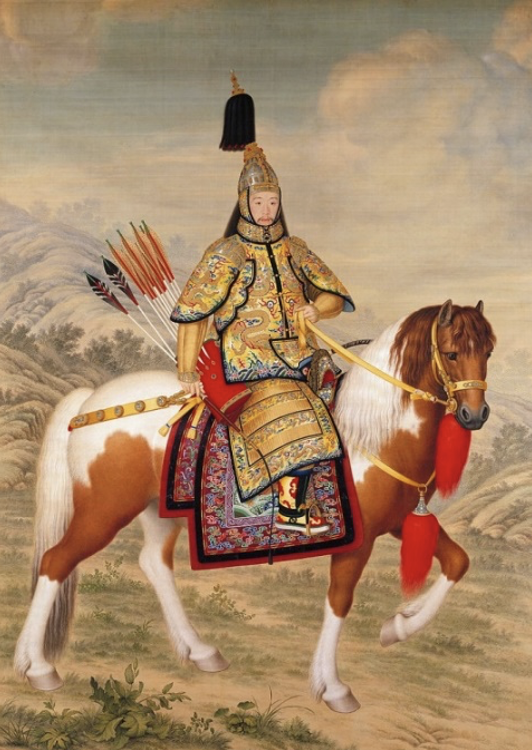
The Qing Empire from 1644 to 1911. A multiethnic empire created by the Manchu confederation from the northeastern borderlands, the Qing expanded into Central Asia, Mongolia, Tibet, and projected a powerful influence in Korea and Southeast Asia. Students will focus on the political, social, cultural and intellectual aspects of the dynasty and examine the Sino-Western and Sino-Japanese encounters of the 19th and early 20th century, as well as how imperialism and secular crisis led to its decline and demise.
HI 351R Communal Boundaries
Murat Yildiz | 4 credits
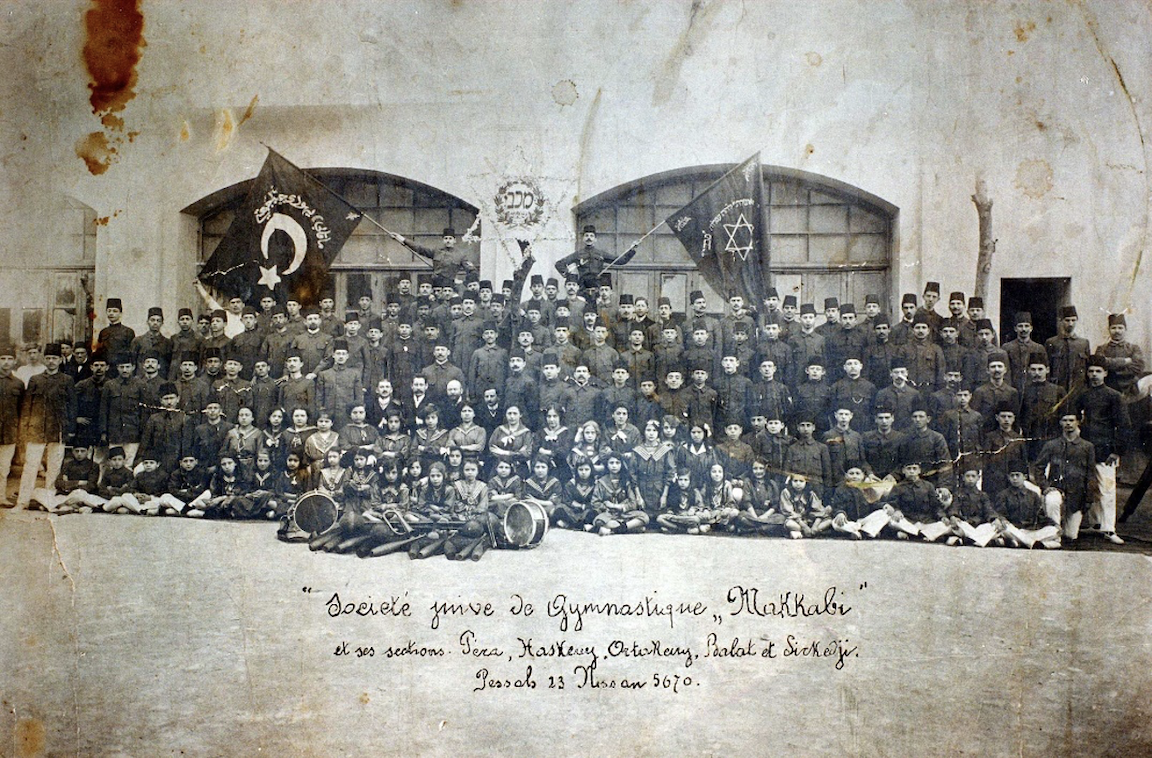 What are the defining characteristics of a community? What are the boundaries that
delineate, separate, and establish difference? How have these boundaries changed over
time and place? This seminar will investigate the construction of communal boundaries
in the Ottoman and post Ottoman world. Drawing from a diverse array of secondary sources
and translated primary sources, this course will expose students to the ways in which
ethno-religious identities, physical boundaries, and socio-political hierarchies between
Muslims, Christians, and Jews were produced, transformed, and navigated. Topics will
include shared practices and activities, the cross polination of ideas, the millet system, sectarianism, war, linguistic inbetweenness, colonialism, memory, and cosmopolitanism.
Students will not only study these developments; they will narrate them in the form
of an original research paper that is due at the end of the semester.
What are the defining characteristics of a community? What are the boundaries that
delineate, separate, and establish difference? How have these boundaries changed over
time and place? This seminar will investigate the construction of communal boundaries
in the Ottoman and post Ottoman world. Drawing from a diverse array of secondary sources
and translated primary sources, this course will expose students to the ways in which
ethno-religious identities, physical boundaries, and socio-political hierarchies between
Muslims, Christians, and Jews were produced, transformed, and navigated. Topics will
include shared practices and activities, the cross polination of ideas, the millet system, sectarianism, war, linguistic inbetweenness, colonialism, memory, and cosmopolitanism.
Students will not only study these developments; they will narrate them in the form
of an original research paper that is due at the end of the semester.
HI 376 How Do You Know That?
Jennifer Delton | 1 credit
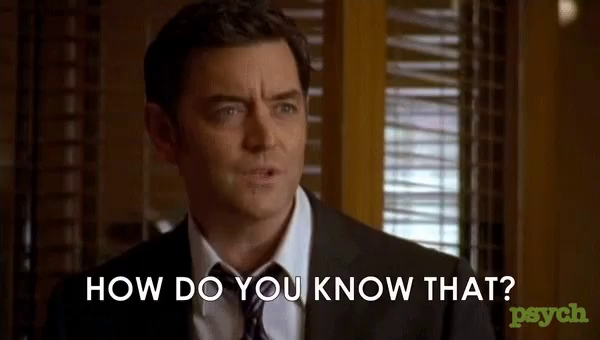 A library can be filled with shelf after shelf of books all themselves filled with
history and with knowledge.
A library can be filled with shelf after shelf of books all themselves filled with
history and with knowledge.
But, have you ever asked yourself: does the library itself have a history? Do the shelves have a history? Does the book have a history?
How is it that we have come to organize and store knowledge as we do? What is the history of western ways of knowing?
This course will explore the history of knowledge. From organizational structures like the dictionary to the encylopedia, from the library to the periodic table of the elements. We will study the history of these structures and explore the implications they have had on our ways of both understanding and knowing the world?
Students in this class will ask the profound question: how do I really know the things I know?